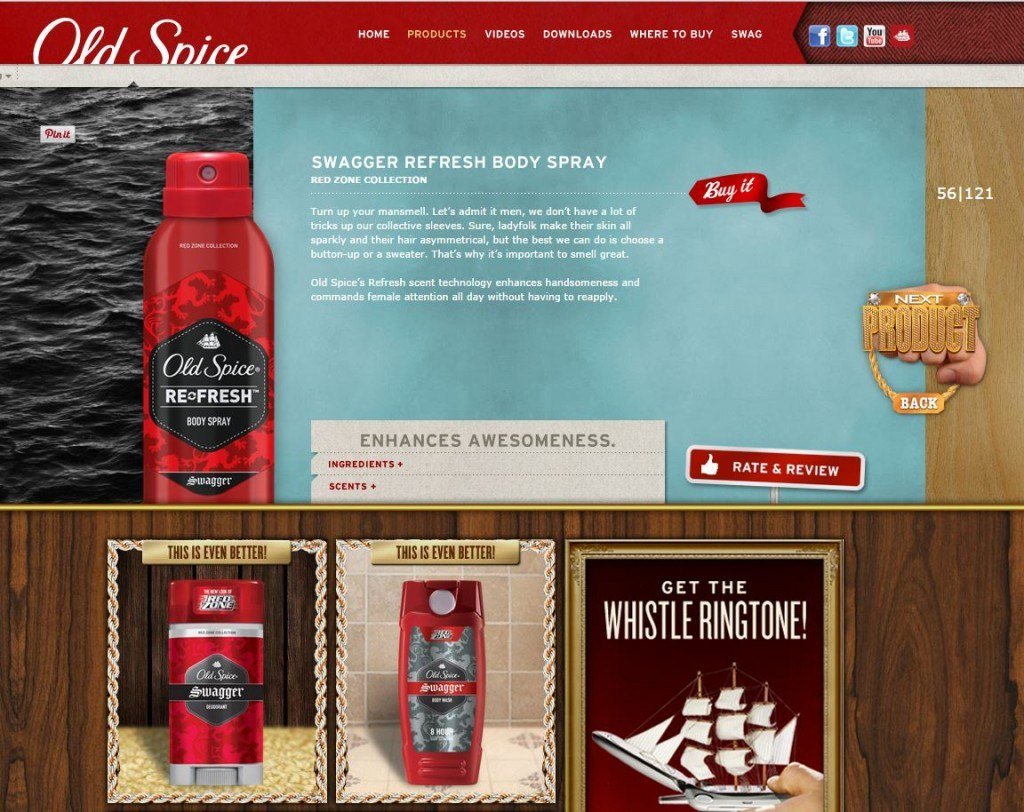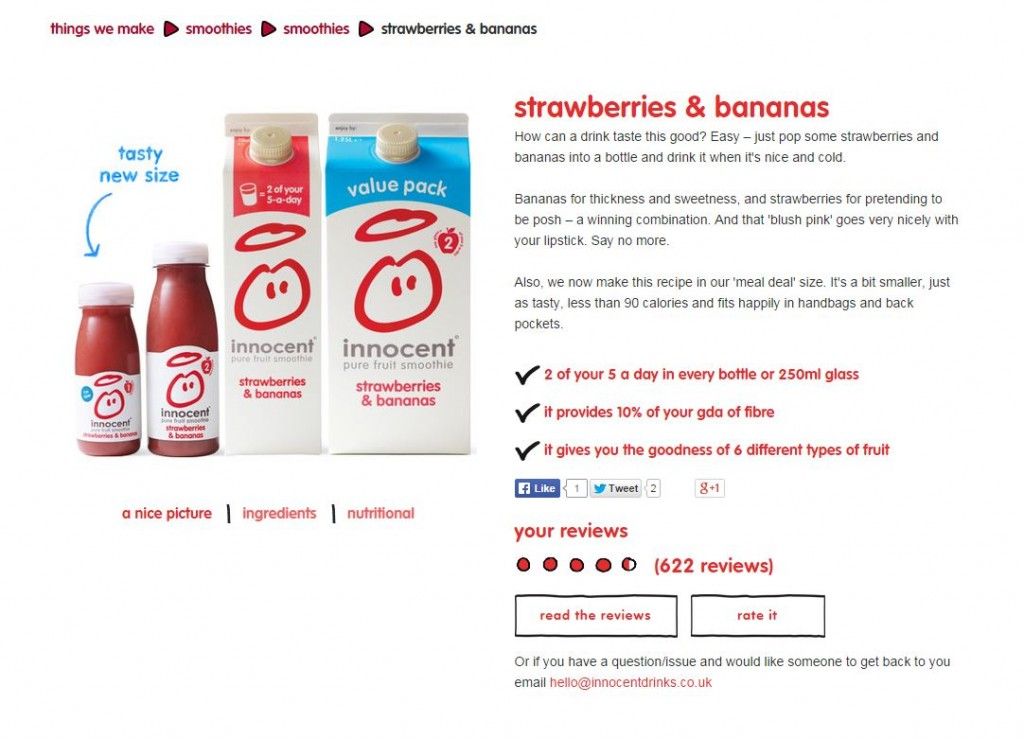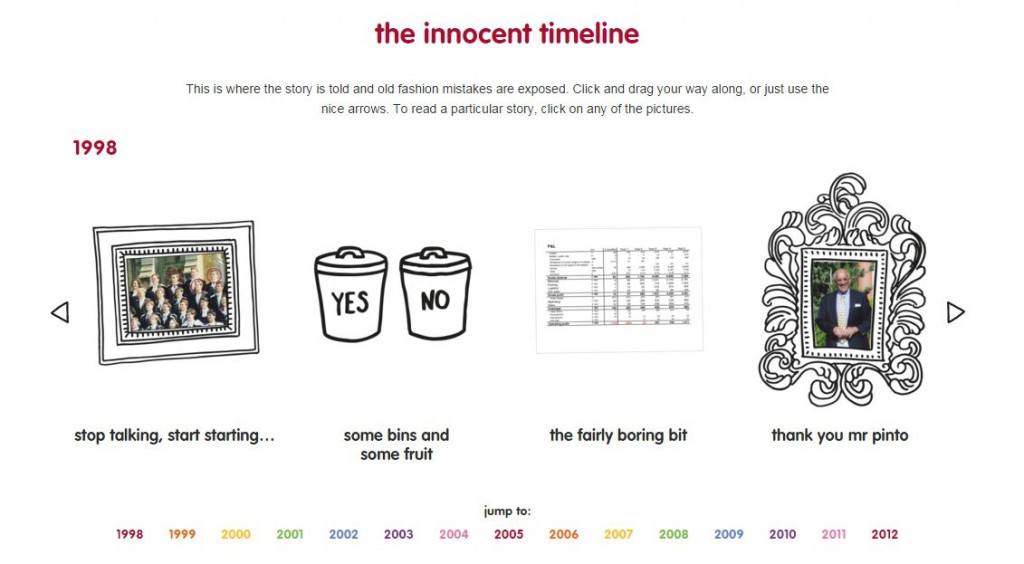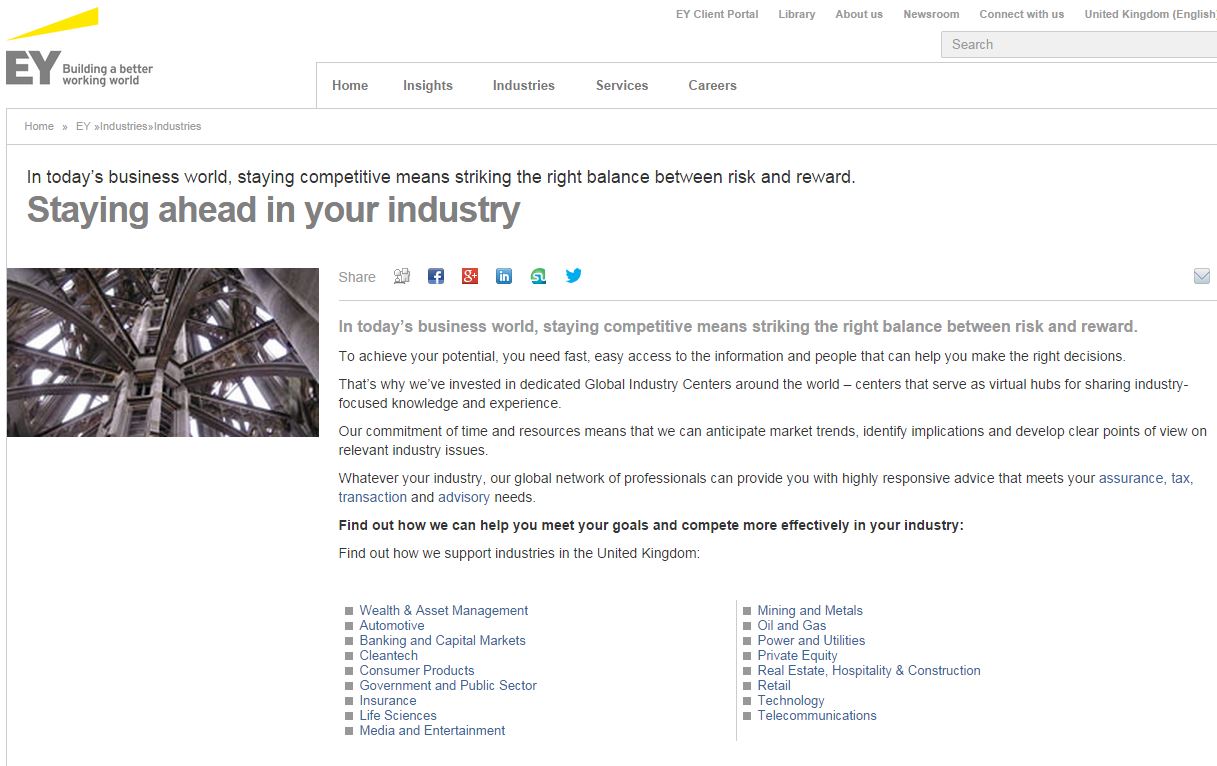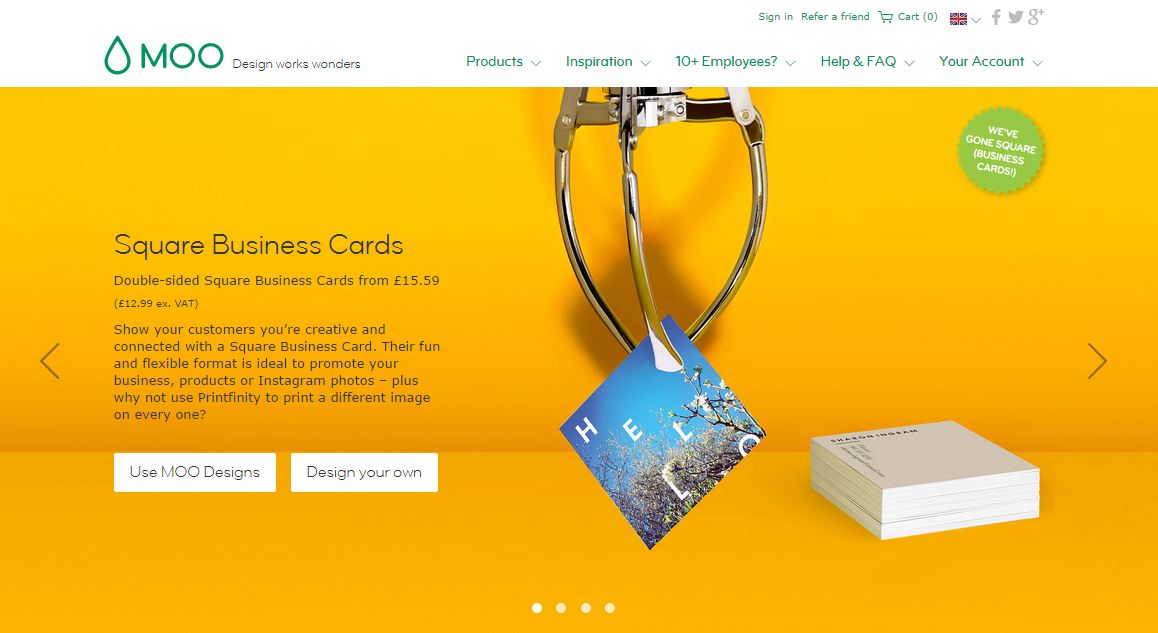Finding Your Voice: Copywriting for Brands
Writing’s easy – we all learned it at school, right? Getting the right words on paper (or screen) can be surprisingly difficult, especially when you’re counting on the vocabulary, tone, and register to tell the reader who you are and what you stand for. Finding a brand’s voice is an essential part of making a website successful and encouraging conversions.
Most SMEs don’t go through the same branding exercises as larger companies so they often miss the details when it comes to their copywriting. If only one person is responsible for your copywriting then at least it’ll be consistent, but if you expand or hire more people to write for you it can become a real problem. These are some fantastic examples of copywriting done right, with explanations of why it’s so successful.
Old Spice
Remember when you associated Old Spice with that weird uncle you see every so often? In 2008 they capitalised on that by saying ‘If your grandfather hadn’t worn it, you wouldn’t exist’ and then carried on to make it synonymous with manliness. The 2011 campaign with Isaiah Mustafa changed the association from older man to ironic sex symbol (and they didn’t even use green screen for that ad – seriously).
It would be a massive overstatement to say that they achieved the rebrand through copywriting alone, but it is a huge part of it.
Even the names of the products have been created to almost satirise most body sprays. It’s reminiscent of Sex Panther in the Anchorman films, and it definitely works. Their new brand has included hugely popular viral videos and gained a substantial social media following.
You may not have the budget for a similar video, but you can definitely consider your tone and how you want to come across. If you have a fun B2C product, don’t be afraid of using humour to sell it or even to add to you brand’s personality. As long as the humour is inoffensive it should help you connect with your key audience.
Innocent
Innocent drinks are simple; the brand reflects their product and their core values, and the copywriting reinforces that point. It’s friendly and almost childlike, without patronising the readers.
As well as consistently using the same tone and friendly language, they clearly show their benefits of each product on the site. The hand-drawn ticks and arrows make it look like a friendly note, so everything works together to make the product and brand seem accessible.
You don’t need a quirky foundation story with bins and festivals to make sure that your brand sounds friendly – you just need to make a decision to make your writing accessible. A lot of business owners don’t like the idea of using casual or informal language on their website (or describing anything as ‘boring’) but it works. Again, this is best for B2C brands rather than B2B.
Ernst and Young
But what if you need to maintain authority? Cool is fun, but some brands need to show that they’re traditional and reliable rather than making a friendly connection with the audience. Ernst and Young are a brand with gravitas – they are one of the Big Four audit firms, and they’re expected to take that position seriously. Although they rebranded in 2013 to use their acronym (EY) rather than the full name, they still can’t afford to be casual in their language or their approach.
Although they use more formal language than Innocent or Old Spice, they don’t use jargon to make themselves seem less accessible – even if you’re an authority in your field it’s important not to alienate the audience. Their sentence structure, vocabulary, and knowledge are enough to communicate their values and approach.
Moo
But working B2B doesn’t necessarily mean that you want to take that approach. If you provide advice, auditing, or legal services it’s important that your language reflects your knowledge and the seriousness of your work. But if you work with businesses to provide products, you may want to break down a few barriers to seem more human.
Moo is a fantastic brand that works with business owners and SMEs. They’re well known in the creative industries and deliver a quality product, but working with creatives does give them some leeway.
Take a look at your customers, products, and your attitudes within the company – if you have a more personal approach or an appropriate product you may be able to stand out from the competition by being one of the few accessible B2Bs.
What to Think About
When you’re deciding on your brand voice, you should think about how your business communicates with customers in person:
- Do you speak formally or casually to clients?
- Do clients expect you to approach work with a degree of solemnity? (For example, if you run a funeral home, it’s probably inappropriate to take the ‘Old Spice’ approach)
- Would you devalue yourselves in your industry by using slang or casual vocabulary on a day to day basis?
- How do your competitors communicate?
- What are your brand values?
- Do you want to humanise your brand, or would you prefer to be thought of as a business/corporation/establishment first?
- What is the average age of your clients?
- What is the dress code within your business?
These are just a few of the questions to consider when deciding on your brand voice. While competitor research is always important, blindly following the lead set by other companies means that you will never differentiate yourself. Things like dress codes may seem irrelevant, but all of these factors add up to create the overall impression that your brand makes. If most of your staff wear jeans, for example, it’s usually safe to be a little more casual in your communication.







